On April 15, 2024, the Criminal Division of the Department of Justice (“DOJ”) announced a “Pilot Program on Voluntary Self-Disclosure for Individuals” (the “Program”). The Program aims to incentivize responsible individuals to disclose their misconduct and cooperate with the DOJ’s investigations and prosecutions involving corporate misconduct. As part of this, DOJ will extend non-prosecution agreements (“NPA’s”) to eligible individuals who provide actionable, original information about criminal conduct that might otherwise go undetected or be impossible to prove.
The Program aims to motivate companies to establish robust compliance protocols that empower them to proactively prevent, detect, and remediate and report misconduct. If the Program is proven effective, it is expected to incentivize companies’ decisions regarding the timing and necessity of self-disclosure regarding potential misconduct.
Voluntary Self-Disclosure Criteria and Applicable Violations.
Under the Program, voluntary disclosure must contain original information, meaning non-public information, not previously known to the Criminal Division, or any component of the DOJ. Additionally, individuals must fully cooperate and provide substantial assistance, and make truthful and complete disclosure. Disclosure must be voluntary, meaning that there was no (1) prior government request related to the subject matter, (2) no preexisting disclosure obligation to any federal agency, and (3) no government investigation or threat of imminent disclosure.
Furthermore, the Program covers a range of violations associated mostly with financial institutions and large companies (50 or more employees), and public companies, including:
• Violations by financial institutions, their insiders, or agents, including schemes involving money laundering and criminal compliance related schemes.
• Violations related to integrity of financial markets involving financial institutions, investment advisors, or funds, or public or large private companies.
• Foreign corruption schemes including violations of the Foreign Corrupt Practices Act (“FCPA”) and associated to money laundering statutes.
• Health care fraud or illegal health care kickbacks committed by or through public or private companies.
• Federal contract fraud schemes.
• Domestic corruption schemes involving bribes or kickbacks to domestic public officials.
Ineligible Individuals for the Program.
The Program excludes CEOs, CFOs, high-raking foreign officials, domestic officials at any level to receive NPA’s. Additionally, individuals are ineligible if they orchestrated or led the scheme, have a prior felony conviction or a conviction involving fraud or dishonesty.
DRT Commentary
The Program reflects another step in the DOJ’s endeavor to encourage voluntary self-disclosure and robust comprehensive compliance programs. However, the possibility of securing an NPA might motivate whistleblowers to bypass internal company reporting and directly approach the DOJ.
To mitigate this risk, companies should prioritize the establishment of policies and protocols that promote internal reporting of suspected misconduct and ensure swift assessments of whether self-disclosure to authorities is recommended. With the increased likelihood of whistleblowers approaching the DOJ ahead of the company, this factor should be considered in any decision regarding self-disclosure.
DRT has extensive experience in counseling individuals and organizations in their efforts to implement internal policies and protocols to report suspected violations of U.S. laws.
* By Michael Diaz, Jr., Isabela Hernández-Peredo Martínez.
** This newsletter is not intended to serve as legal advice. No legal opinions are intended, nor should any be inferred. You are welcome to contact us to discuss legal solutions tailored to your needs and the specific circumstances of your situation.






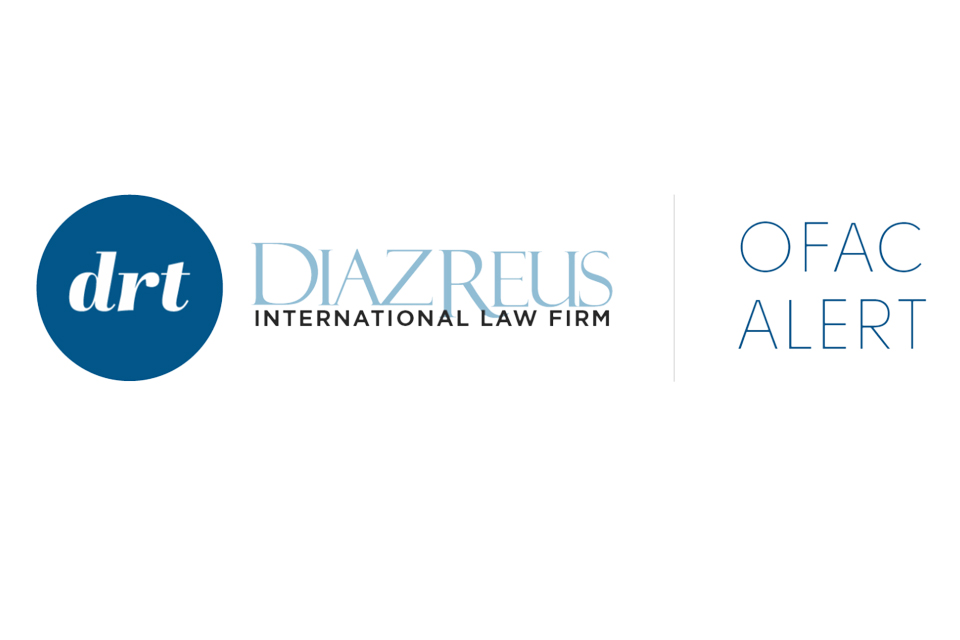





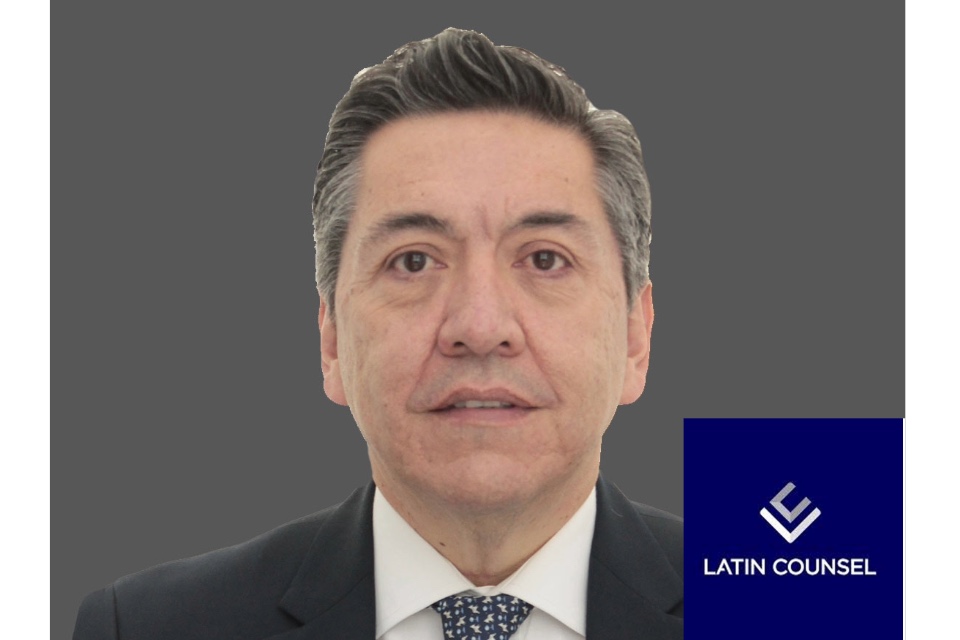
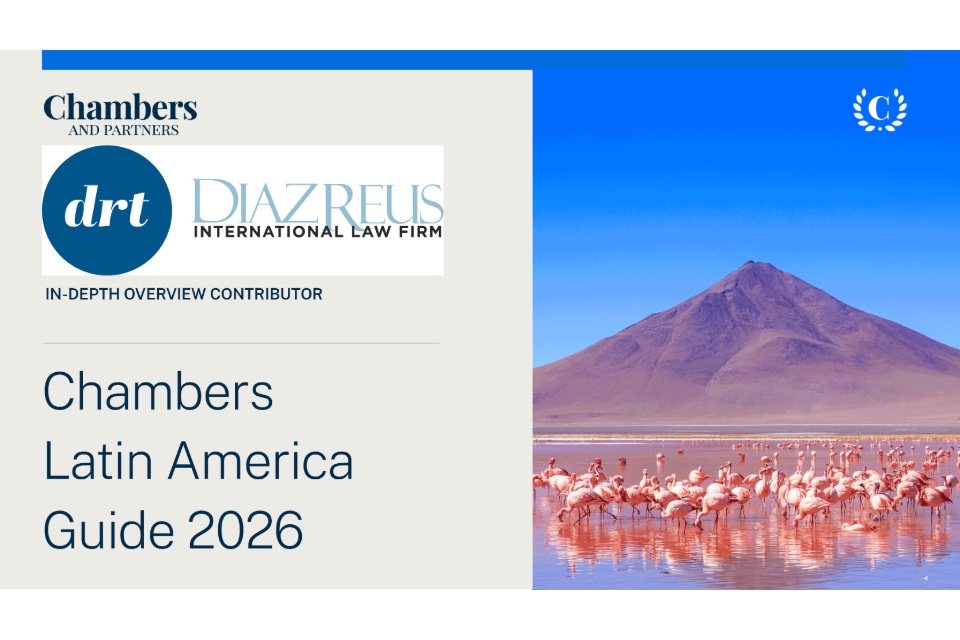

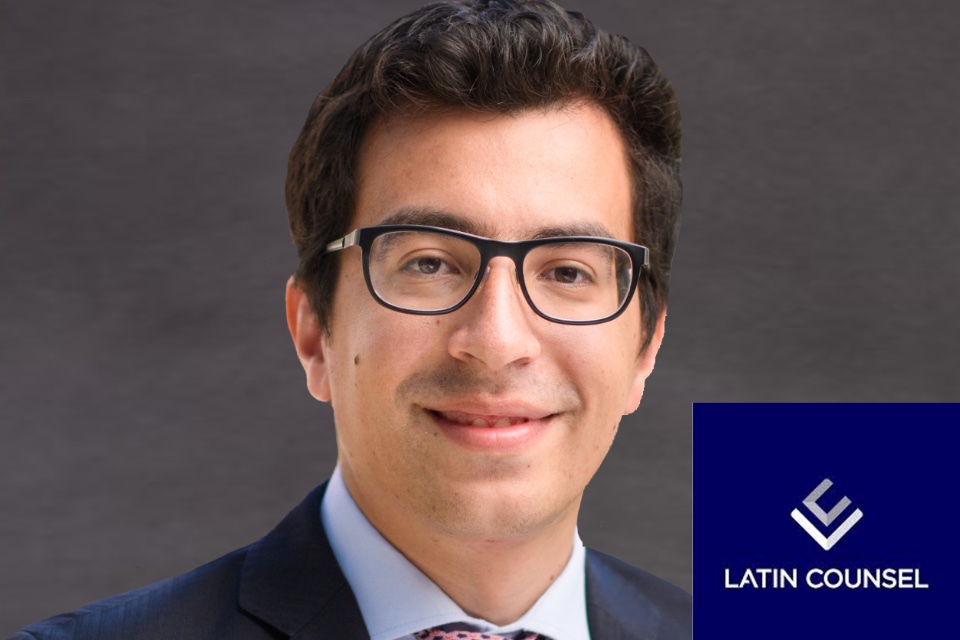
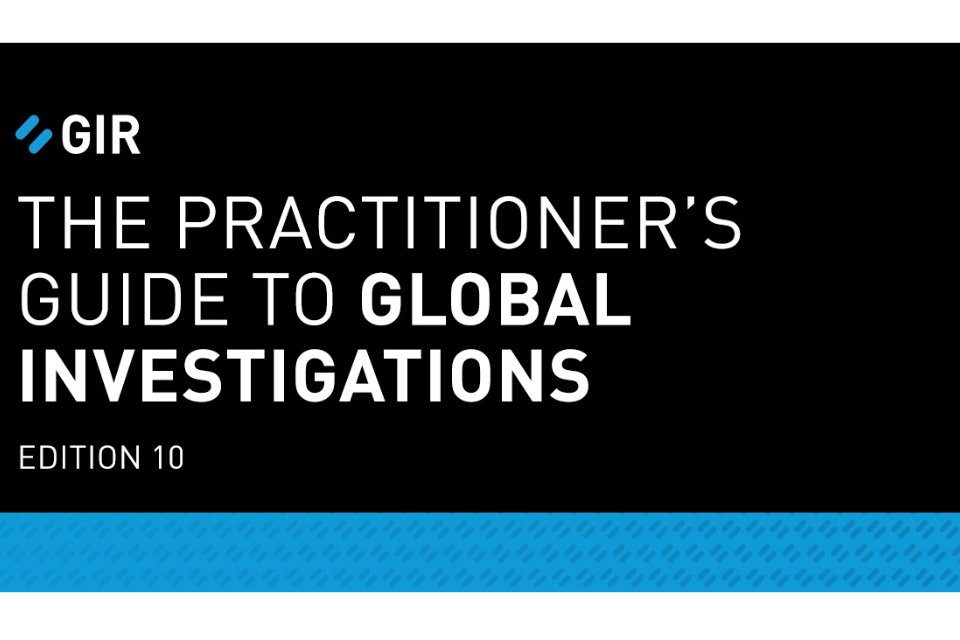
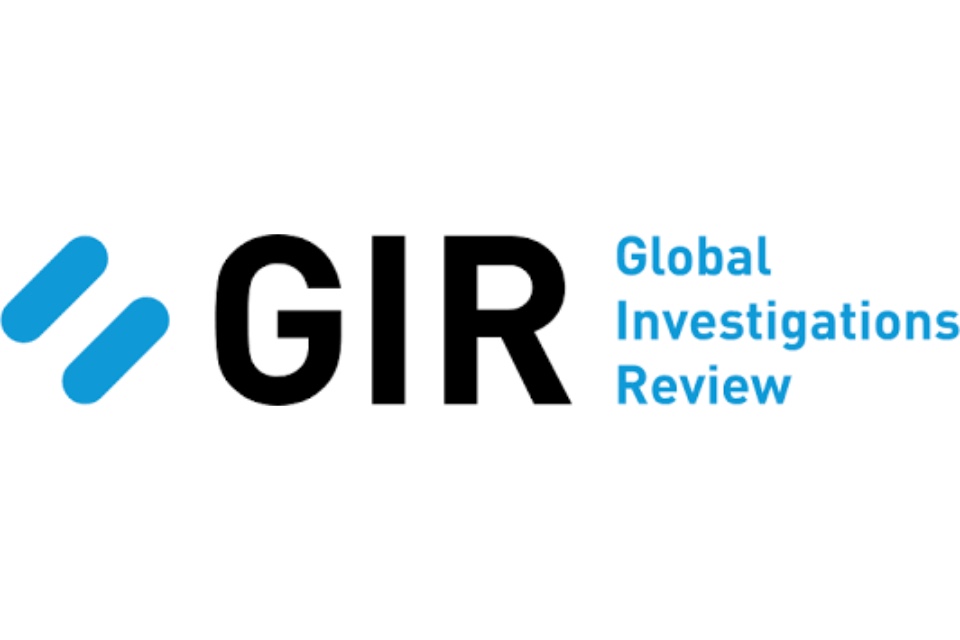


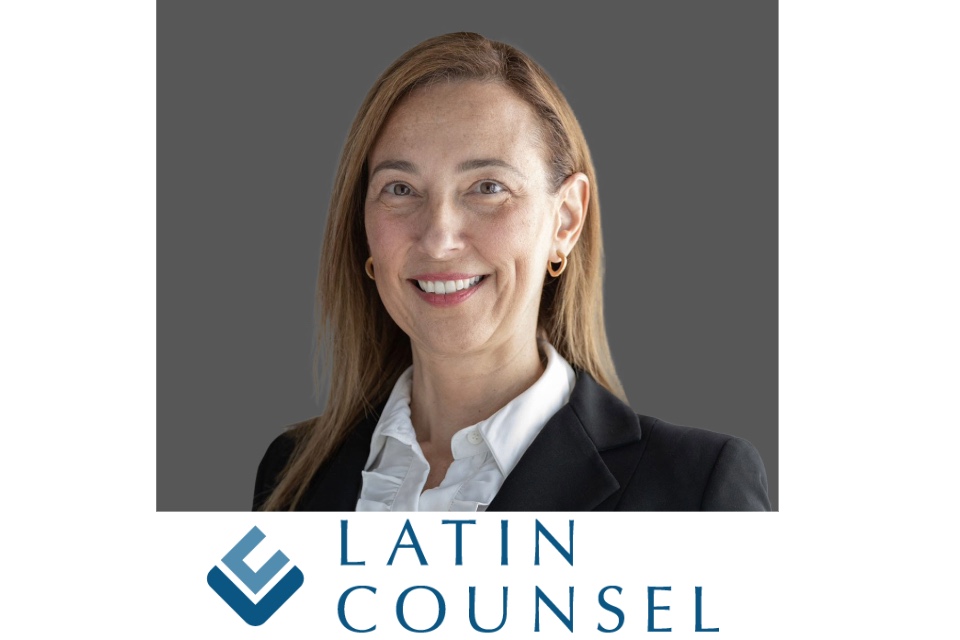

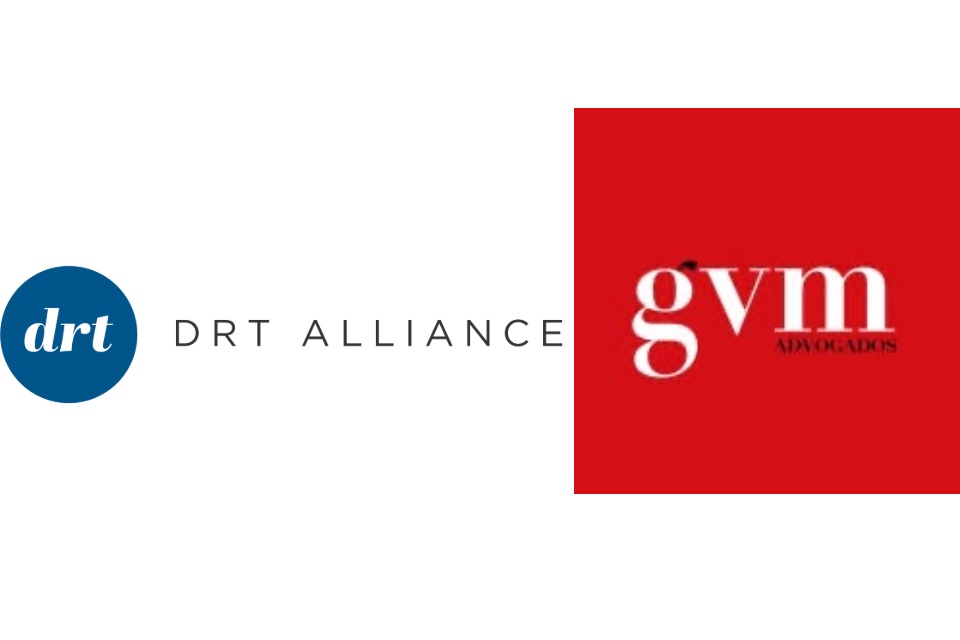















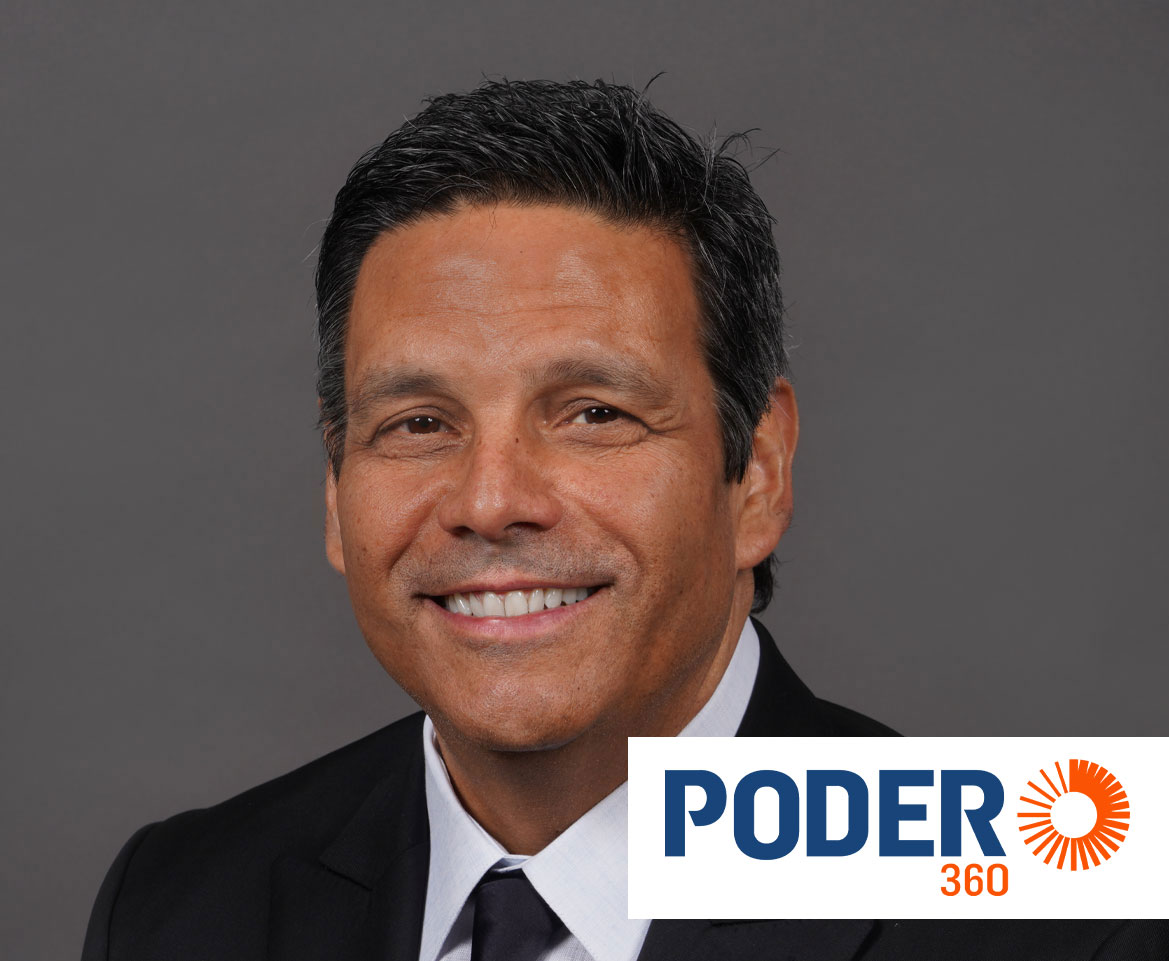




































































![Especial abogados Salón de la Fama[61] 4](https://diazreus.com/wp-content/uploads/2023/06/Especial-abogados-Salon-de-la-Fama61-4-pdf.jpg)


























































































































































































